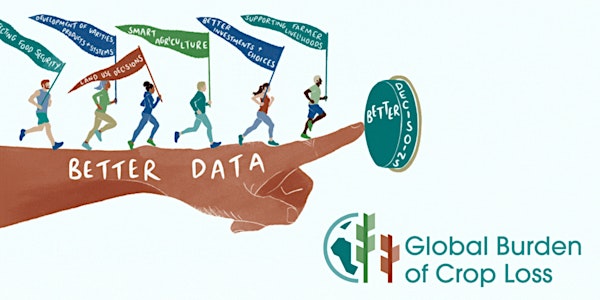
Global Burden of Crop Loss: Evidence-based systems to tackle food security
This session explores the causes and impacts of crop loss and the need for an evidence-based information system to tackle it.
By CABI
Date and time
Fri, 14 Oct 2022 07:00 - 08:30 PDT
Location
Online
About this event
Organised by
CABI is an international, inter-governmental, not-for-profit organization that improves people’s lives worldwide by providing information and applying scientific expertise to solve problems in agriculture and the environment.Our approach involves putting information, skills and tools into people's hands. CABI's 50 member countries guide and influence our work which is delivered by scientific staff based in our global network of centres.